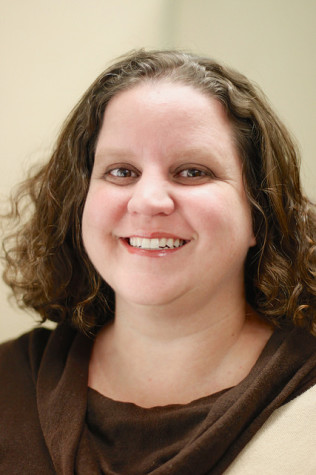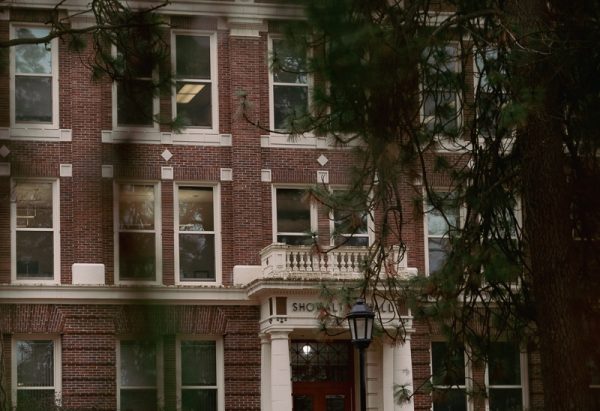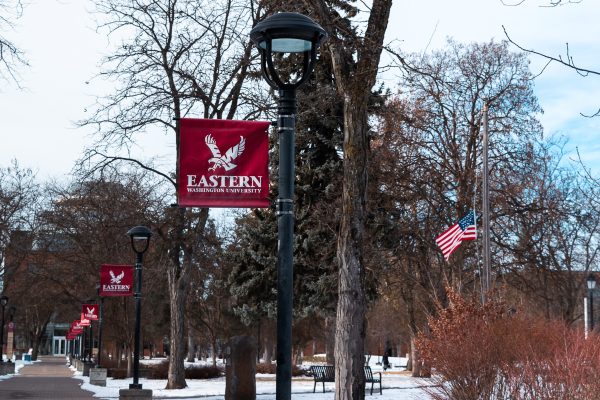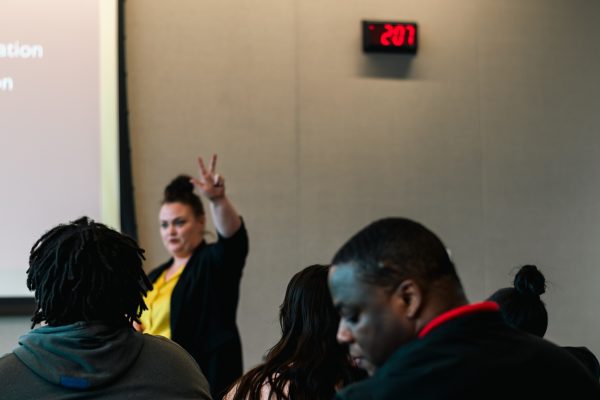ASEWU approves changes to its policy
April 11, 2013
The ASEWU will soon be operating under a new policy updated to spell out the role of the faculty liaison and clarify that ASEWU does not itself provide services.
According to Trent Lutey, EWU policy administrator, the old policy was out of date, and a new policy was needed to better comply with state law and to reflect current campus operations.
“We were trying to abbreviate and provide background [in section 1]. This is what the ASEWU does,” Lutey said.
ASEWU President Becca Harrell said, “[Lutey] is the person I hear from whenever there’s policy changes. … So they’re really good at [that]. When it’s something that will affect students in any way, they come to us and make sure we look over it.”
Section 2 is titled “Authority.” This section spells out the authority that ASEWU has to carry out its functions.
The administration wanted to give ASEWU as much autonomy as possible, according to Lutey. Some of the language needed to be changed to reflect actual practices on campus, however.
In section 2, Lutey noted that, contrary to the old policy, the board of trustees does not delegate to ASEWU the authority to provide services because the ASEWU does not actually provide services itself.
While services are funded and promoted through the ASEWU, clubs and organizations provide actual services using ASEWU funding.
The word “facilities” was deleted from that same section for the same reason. The ASEWU does not actually provide facilities, but provides funding to use them for events.
Section 5, called “Liaison with the ASEWU,” brought up the most discussion of any of the sections. Lutey, Harrell and ASEWU members shared input on the exact role of the vice president of student affairs as the liaison between the ASEWU and the administration.
Harrell said, “The only concern we had was that … we wanted to make sure that the ASEWU view has a strong connection with the board of trustees. We have a great VP of student affairs. … But you want the policy to cover everything.
“Things are golden now, and I’m sure hopefully they’ll be golden forever. We just want to cover it for the future. … This policy hasn’t been changed for 30 years. So for 30 years down the road, if we have a, God forbid, a terrible VP of student affairs, we would be able to look back and say, ‘No, you can’t just communicate for us on your own. We have the right to communicate.’”
Harrell said the fix was quick and easy and was made to ensure that ASEWU and students in general get to have communication as open as possible with the board of trustees.
“The idea here is you get better policies if you get more people who are constructively involved,” said Lutey.
EWU has an online policy and procedure center where anyone can view drafts of pending policies and comment on them.
Not many students utilize this, according to Lutey, but the current draft of a new “Fraternization and Consensual Relationships” policy has already garnered a number of comments because it deals with romantic relationships and potential relationships between faculty and students and between faculty members.
Another current policy open for comments is the updated policy on accommodating persons with disabilities.
Comments on the updated ASEWU policy are open until April 27.






![Simmons said the biggest reasons for her success this year were “God, hard work, and trusting [her] coach and what she has planned.”](https://theeasterner.org/wp-content/uploads/2024/05/image1-1-1200x800.jpg)










